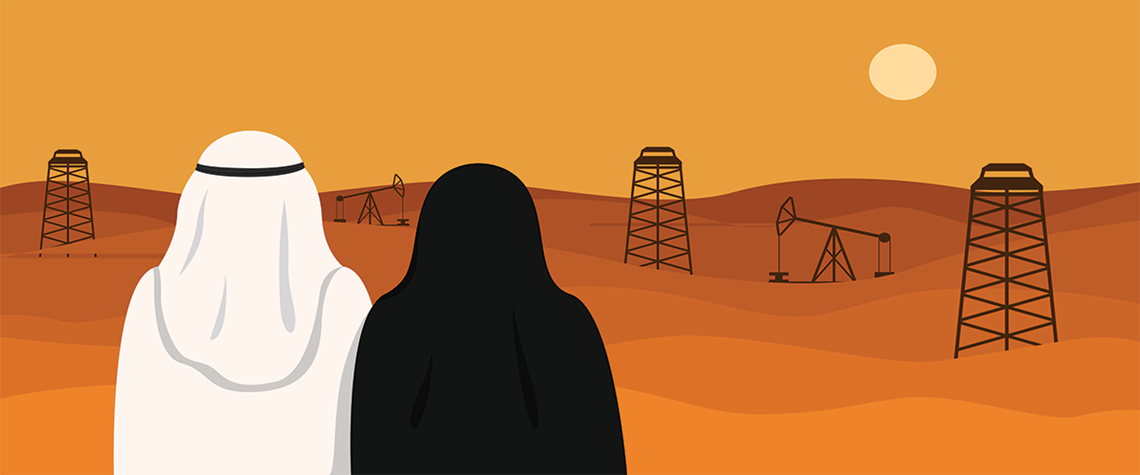When power grows out of the oil barrel
Can the Gulf’s ruling families survive the post-oil era?
The brutal military crackdowns launched as the Arab Spring spread across Tunisia, Egypt, Libya, Bahrain and Yemen in 2011 contrasts sharply with the response most Gulf countries' leaderships took to the uprisings. Instead of soldiers, civil servants were more quietly deployed, armed with generous counter-revolutionary doles in the shape of cash and energy subsidies. Sweeping subsidies and targeted financial inducements—in some cases to the tune of as much as 4pc of GDP—quickly and bloodlessly placated populaces. But, as Jim Krane argues in Energy Kingdoms, the unspoken social contract on which this relies might not last forever. Having spent years in the region as a journalist, he crafts ins

Also in this section
18 February 2026
With Texas LNG approaching financial close, Alaska LNG advancing towards a phased buildout and Magnolia LNG positioned for future optionality, Glenfarne CEO Brendan Duval says the coming year will demonstrate how the company’s more focused, owner-operator approach is reshaping LNG infrastructure development in the North America
18 February 2026
The global gas industry is no longer on the backfoot, hesitantly justifying the value of its product, but has greater confidence in gas remaining a core part of the global energy mix for decades
18 February 2026
With marketable supply unlikely to grow significantly and limited scope for pipeline imports, Brazil is expected to continue relying on LNG to cover supply shortfalls, Ieda Gomes, senior adviser of Brazilian thinktank FGV Energia,
tells Petroleum Economist
17 February 2026
The 25th WPC Energy Congress, taking place in Riyadh, Saudi Arabia from 26–30 April 2026, will bring together leaders from the political, industrial, financial and technology sectors under the unifying theme “Pathways to an Energy Future for All”







